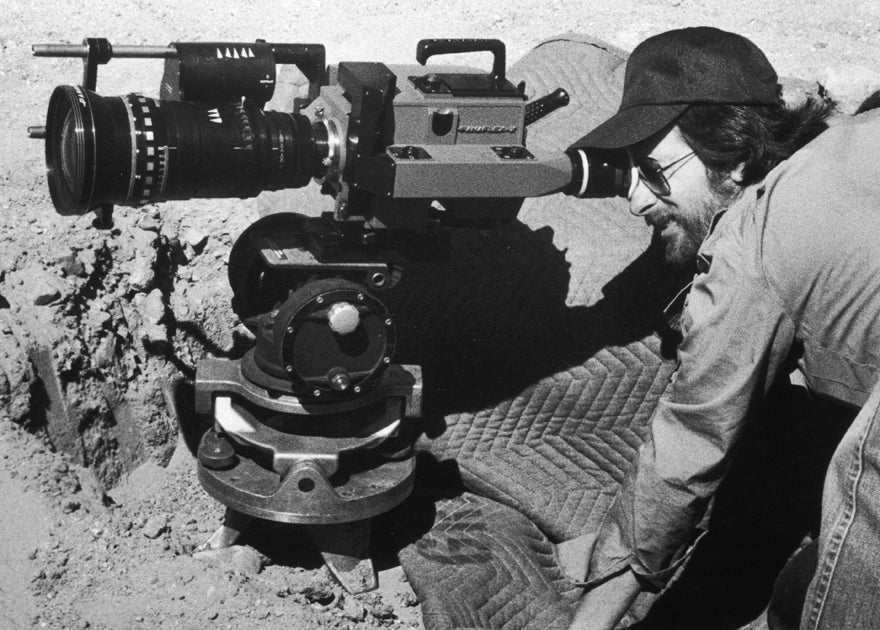
Your support helps us to tell the story
From reproductive rights to climate change to Big Tech, The Independent is on the ground when the story is developing. Whether it's investigating the financials of Elon Musk's pro-Trump PAC or producing our latest documentary, 'The A Word', which shines a light on the American women fighting for reproductive rights, we know how important it is to parse out the facts from the messaging.
At such a critical moment in US history, we need reporters on the ground. Your donation allows us to keep sending journalists to speak to both sides of the story.
The Independent is trusted by Americans across the entire political spectrum. And unlike many other quality news outlets, we choose not to lock Americans out of our reporting and analysis with paywalls. We believe quality journalism should be available to everyone, paid for by those who can afford it.
Your support makes all the difference.
What courses? Film; film studies; film & visual culture; film & television studies; film & screen studies; film & digital media; film production; visual communication; cinematography.
What do you come out with? BA or BSc, MA in Scottish universities.
Why do it? "Cinema is not only entertainment: it's the art and cultural product of our time. For anyone passionate about history, texts and images – and how to interpret them – film studies is the ideal course. It offers you specialist preparation for jobs in the cinema and media industries, as well as more general training in essential arts graduate skills, from constructing an argument to practical criticism. We’re surrounded by narratives and pictures; film studies will give you the tools to understand and analyse them." - Stella Bruzzi, professor of film and television studies, University of Warwick
Click here to read about what it's like to study film
What’s it about? The glory of the silver screen. The magic of tinseltown. Pressing your hands into the cement outside Hollywood’s Chinese Theatre. Alright, so that may be romanticizing it a little, but there’s a reason why film has become one of the defining art forms of our generation, and created so many iconic images in pop culture. The focus of each film degree can vary, with some focusing more heavily on criticism or theory, while others throw you in at the deep end with hands-on production modules. On the theory side of things, you’re likely to look at where film fits into culture, the relationship between film and gender, as well as different styles of writing and directing. Hollywood will probably feature, but if the Transformers franchise is your idea of high art, then maybe you should think again about studying film, as you’ll be plunged into the depths of world cinema and the art of the auteur and neo-realists.
Study options: Most courses are three years full-time study and will assess students on essays and examinations, plus practical projects and team work. Not many courses include a sandwich year, but Exeter University offers you the possibility of spending one year abroad. On the other hand, Bradford involves students in its special partnership with the National Media Museum, which gives complete access to its archive.
What will I need to do it? Although film is now widely offered at A-level, most universities don’t ask for it. The majority want an A-level in a humanities subject, such as history, politics, media or religious studies. The average entry requirements go from AAB to BBB. A couple of universities, such as Kent University will interview.
What are my job prospects? Like most arts-based industries, jobs are few and far between during recessions and competition is tough. But, if you are creative and prepared to make your own films and write scripts during your degree, your prospects improve. Typically students go to London or Manchester or Bristol where there are big media centres and where they start off as runners in pre and post-production houses. These low-level entry jobs perhaps account for the 40 per cent of media and communication students employed in non-graduate-level positions six months after graduation, according to The Times' Good University Guide 2012. The pay is peanuts to start with (the average graduate-level salary is £17,351 according to The Times' guide) but it is possible to work your way up and gain experience.
Where’s best to do it? The Complete University Guide 2012 indicates Warwick, King’s College and Queen Mary in the top three for drama, dance & cinematics. Regarding related subjects and faculties, Edinburgh, UCL and Oxford are considered the best ones for arts & design while Warwick, East Anglia and Nottingham Trent for media and communication studies. The most satisfied cinematics students are from Plymouth, Gloucestershire and East Anglia.
Related degrees: Media; broadcasting; animation; art; design.
Join our commenting forum
Join thought-provoking conversations, follow other Independent readers and see their replies
Comments